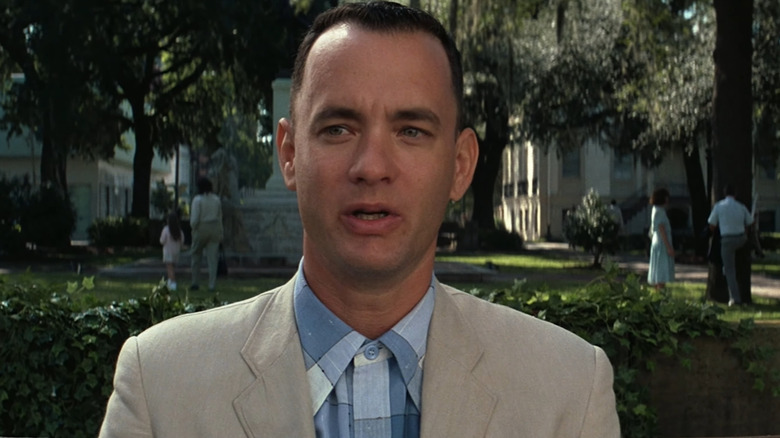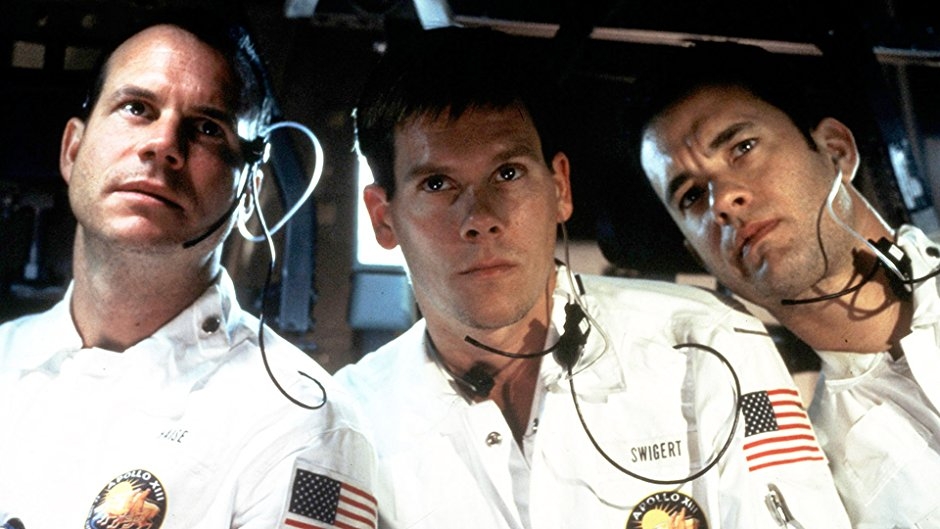“Charlie Wilsons War” (2007): Unveiling the Intricacies of a Political Comedy – Film Review

In the realm of political drama, few films manage to intertwine the complexities of geopolitical strategies with the personal idiosyncrasies of its characters as deftly as “Charlie Wilson’s War.” Directed by Mike Nichols and penned by Aaron Sorkin, this 2007 cinematic endeavor offers an enthralling glimpse into the covert operations that marked the Cold War period, specifically the U.S. involvement in the Soviet-Afghan War. This review delves deep into the fabric of the film, unraveling the layers of its narrative, performances, and the remarkable real-life story that inspired it, alongside the intricacies of its production journey.
The Genesis and Craft of a Political Odyssey
“Charlie Wilson’s War” is rooted in the true story of U.S. Congressman Charlie Wilson, who, alongside CIA operative Gust Avrakotos, played a pivotal role in orchestrating support for Afghan mujahideen fighters during the 1980s. The screenplay, adapted from George Crile’s 2003 non-fiction book of the same name, is a testament to Sorkin’s flair for rapid-fire dialogue and complex political narratives. The film’s development was a meticulous process, with Sorkin working closely with the real Charlie Wilson to ensure the authenticity of the narrative. The blend of historical accuracy with Sorkin’s signature wit lends the film a unique flavor, making dense political subjects accessible and engaging.
Director Mike Nichols, known for his adept handling of films with deep emotional and social undercurrents, was instrumental in bringing this story to life. His approach to the film was not just to narrate a political event but to explore the nuances of the characters involved, making the political deeply personal. Nichols’ direction ensures that the film, while steeped in the politics of its time, resonates on a human level, highlighting the flaws, eccentricities, and convictions of its characters.
A Symphony of Stellar Performances
At the heart of “Charlie Wilson’s War” are the compelling performances by its lead actors. Tom Hanks embodies the titular role with a charm and wit that belies the congressman’s deeper strategic acumen and moral complexities. Hanks’ Wilson is a man of contradictions, whose debauched lifestyle and political savvy make him a fascinating protagonist. His dynamic with Philip Seymour Hoffman’s Gust Avrakotos is particularly noteworthy. Hoffman, in a role that earned him an Academy Award nomination, portrays Gust with a gruff exterior and unwavering commitment, offering a counterbalance to Wilson’s more flamboyant persona.
Julia Roberts’ portrayal of Joanne Herring, a wealthy Texas socialite and key player in Wilson’s endeavors, adds a further layer of intrigue. Roberts brings a blend of elegance and determination to the role, embodying the influential power behind the throne. The chemistry among the trio propels the narrative, illustrating the unlikely alliances that shaped this historical episode.
Behind the Scenes: Crafting the War
The production of “Charlie Wilson’s War” was a feat in itself, with the filmmakers going to great lengths to authentically recreate the late 20th-century political and geographical landscape. Filming locations spanned the United States and Morocco, the latter standing in for Pakistan and Afghanistan. The attention to detail in set design and costumes, overseen by production designer Victor Kempster and costume designer Albert Wolsky, respectively, immerses the audience in the era and settings of the film’s narrative.
One of the production’s notable challenges was depicting the covert operations and the war in Afghanistan without veering into glorification or oversimplification. The film strikes a balance, offering insight into the complexity of the Afghan conflict and the myriad forces at play, including the role of foreign intervention and its unintended consequences. The use of archival footage, combined with meticulously crafted action sequences, enhances the film’s authenticity and impact.
Reflecting on War and Its Aftermath
“Charlie Wilson’s War” does more than recount a chapter of Cold War history; it prompts reflection on the nature of political intervention and its long-term ramifications. The film’s epilogue, touching on the consequences of the U.S.’s withdrawal from Afghanistan post-conflict, serves as a poignant reminder of the complexities of international politics and the often-overlooked human cost of geopolitical strategies.
Moreover, the film’s narrative arc, punctuated by Sorkin’s sharp dialogue and Nichols’ nuanced direction, raises questions about the role of individuals in shaping history. It portrays its characters not as mere historical figures but as deeply flawed humans whose actions, driven by a mix of idealism, pragmatism, and personal motivations, have far-reaching effects.
The Enduring Legacy of “Charlie Wilson’s War”
“Charlie Wilson’s War” stands as a compelling examination of a pivotal moment in late 20th-century history, brought to life through stellar performances, a sharp script, and thoughtful direction. Its exploration of the interplay between personal ambition and political action, set against the backdrop of a complex international conflict, offers viewers a multifaceted look at the intricacies of governance and the cost of war. The film not only entertains but also educates, leaving a lasting impact on its audience by highlighting the unforeseen consequences of political decisions and the indelible mark they leave on the world stage.
In delving into the behind-the-scenes efforts and the meticulous attention to detail in its production, one gains an even deeper appreciation for the film. “Charlie Wilson’s War” is a testament to the power of cinema to encapsulate history, humanize political figures, and provoke thought on the enduring themes of power, responsibility, and the fragile balance of world peace. Through its nuanced portrayal of a critical period in American foreign policy, the film remains a vital piece of cinematic history, inviting viewers to ponder the complexities of the world we inhabit and the roles individuals play in shaping it.




